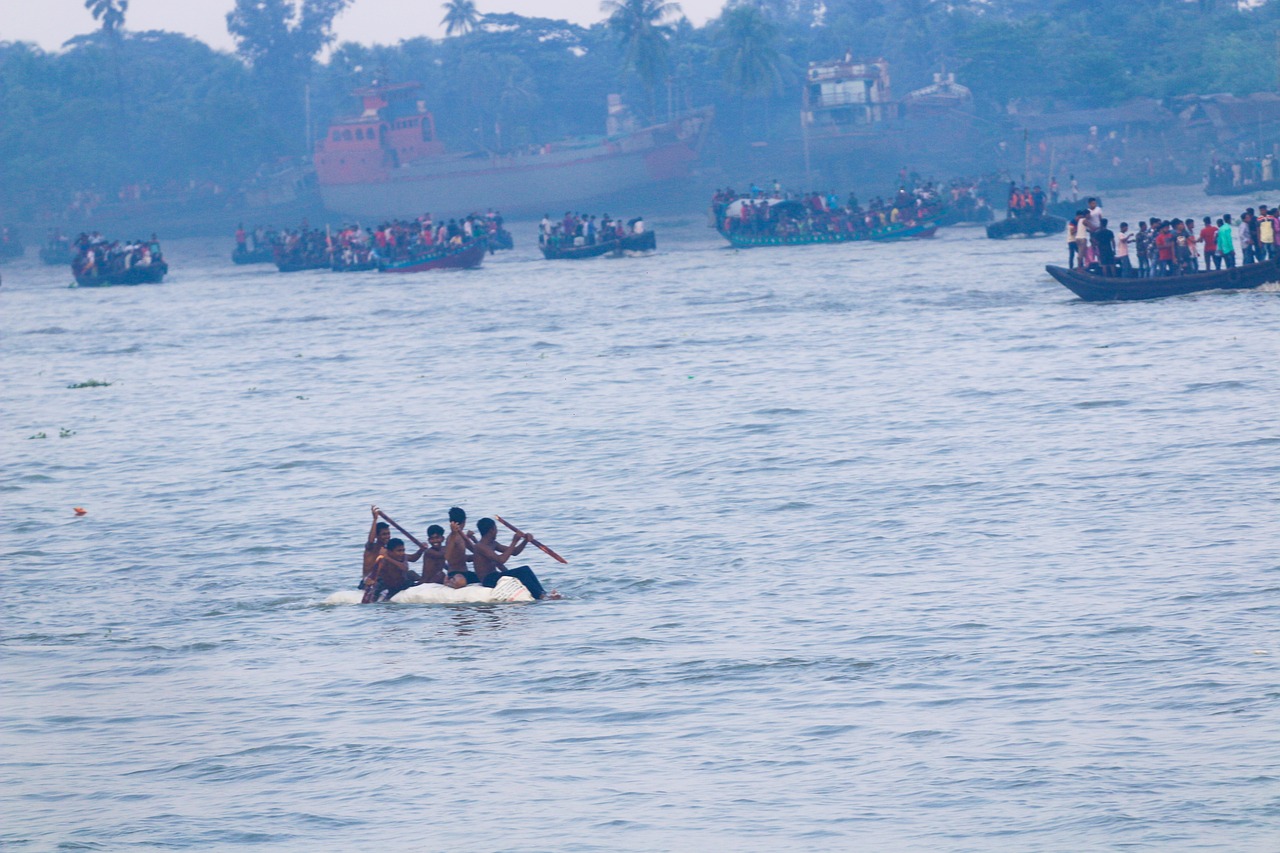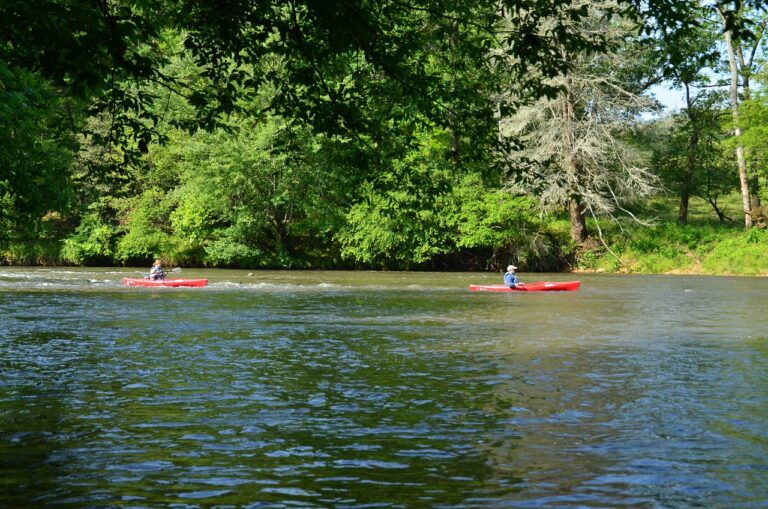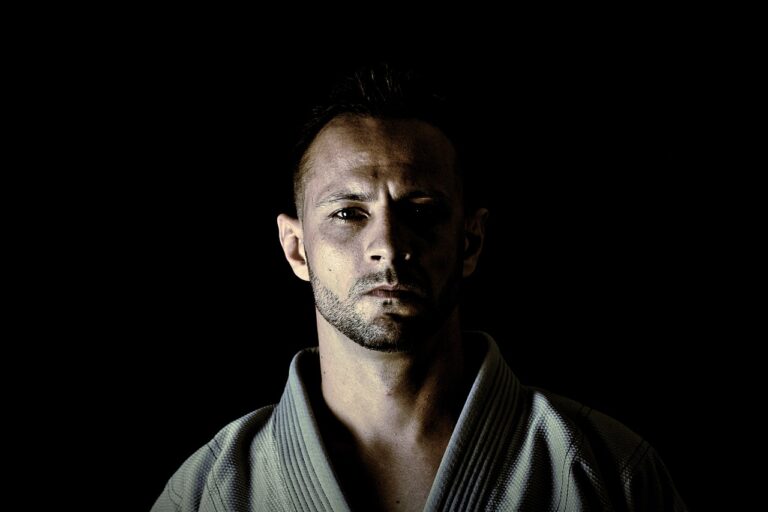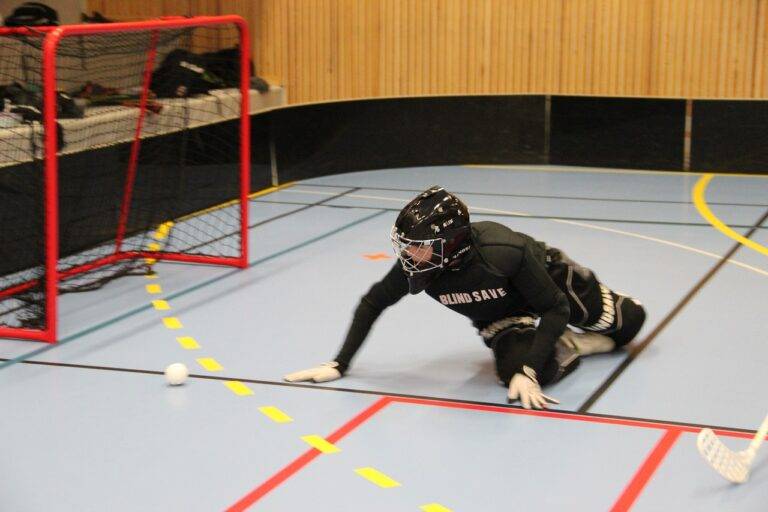Nutritional Strategies for IPL Athletes Competing in Different Climates: Betbhai, Cricket99 exchange, Diamondexch9.con
betbhai, cricket99 exchange, diamondexch9.con: Nutritional Strategies for IPL Athletes Competing in Different Climates
As IPL athletes travel around the world to compete in different climates, they face unique challenges when it comes to maintaining their performance levels. From extreme heat to high humidity, the conditions can have a significant impact on their performance on the field. However, with the right nutritional strategies in place, athletes can optimize their performance and stay at the top of their game.
Hydration is Key
One of the most important factors to consider when competing in different climates is hydration. Athletes must ensure they are drinking enough water to stay properly hydrated, especially in hot and humid conditions. Dehydration can lead to a decrease in performance, so it’s crucial for athletes to drink water regularly throughout the day and during training sessions and matches.
Electrolyte Balance
In addition to water, athletes should also pay attention to their electrolyte balance. When competing in hot climates, athletes can lose valuable electrolytes through sweat, which can lead to muscle cramps and fatigue. To maintain electrolyte balance, athletes can consume sports drinks or electrolyte supplements to replenish what is lost during intense physical activity.
Fueling for Performance
Eating the right foods is essential for athletes competing in different climates. Carbohydrates are the body’s primary source of energy, so athletes should focus on consuming complex carbohydrates such as whole grains, fruits, and vegetables to fuel their performance. Additionally, protein is important for muscle repair and recovery, so athletes should include lean sources of protein in their diet such as chicken, fish, and tofu.
Adapting to Climate Changes
When competing in different climates, athletes should allow their bodies time to adapt to the new environment. This includes adjusting their training schedule, meal timing, and sleep patterns to align with the local time zone. By slowly acclimating to the new climate, athletes can optimize their performance and reduce the risk of heat-related illnesses.
Supplementation
In some cases, athletes may benefit from supplemental support to help them perform at their best in different climates. Vitamins and minerals such as vitamin C, vitamin D, and magnesium can support immune function and overall performance. Additionally, omega-3 fatty acids can help reduce inflammation and support recovery after intense physical activity.
Rest and Recovery
Lastly, rest and recovery are essential components of any athlete’s routine, particularly when competing in different climates. Athletes should prioritize getting enough sleep each night to allow their bodies to repair and regenerate. Additionally, incorporating rest days into their training schedule can help prevent burnout and reduce the risk of injury.
FAQs
Q: How much water should athletes drink when competing in hot climates?
A: Athletes should aim to drink at least 8-10 cups of water per day, more if they are exercising in extreme heat.
Q: Are there specific foods that athletes should avoid when competing in different climates?
A: Athletes should avoid foods that are high in saturated fats and sugar, as they can lead to sluggishness and poor performance.
Q: Is it necessary for athletes to take electrolyte supplements when competing in hot climates?
A: While electrolyte supplements can be beneficial, athletes can also replenish electrolytes through food and sports drinks.
Q: How can athletes acclimate to a new climate quickly?
A: Athletes can acclimate to a new climate by gradually increasing their exposure to the new environment and allowing their bodies time to adjust.
In conclusion, staying at the top of their game in different climates requires IPL athletes to pay close attention to their nutrition, hydration, supplementation, and recovery strategies. By implementing these tips, athletes can optimize their performance and compete at their best, no matter where their games take them.







